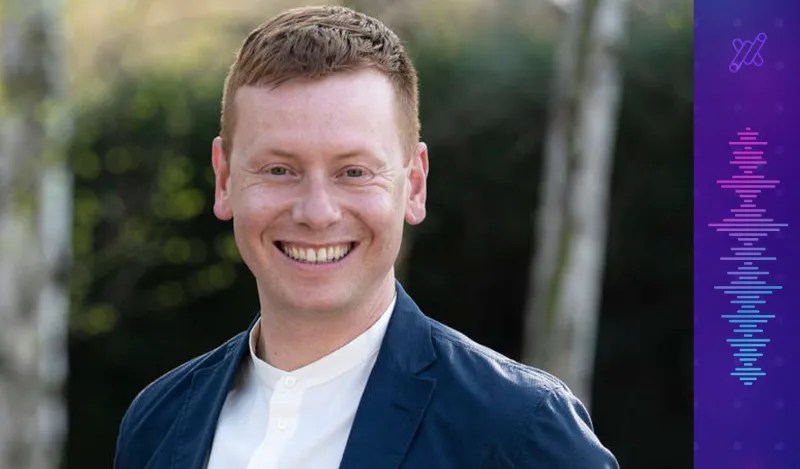Description
James Mackenzie-Blackman, CEO of Eden Court, joins Mike Evenson on the podcast to discuss how his organization has continued to engage with its patrons, re-vectored staff and technology to help their community and collaborated with peer arts groups in the Scottish Highlands. James stressed the importance of blocking out all of the noise and clinging to your values to best serve staff, customers and the community at large.
